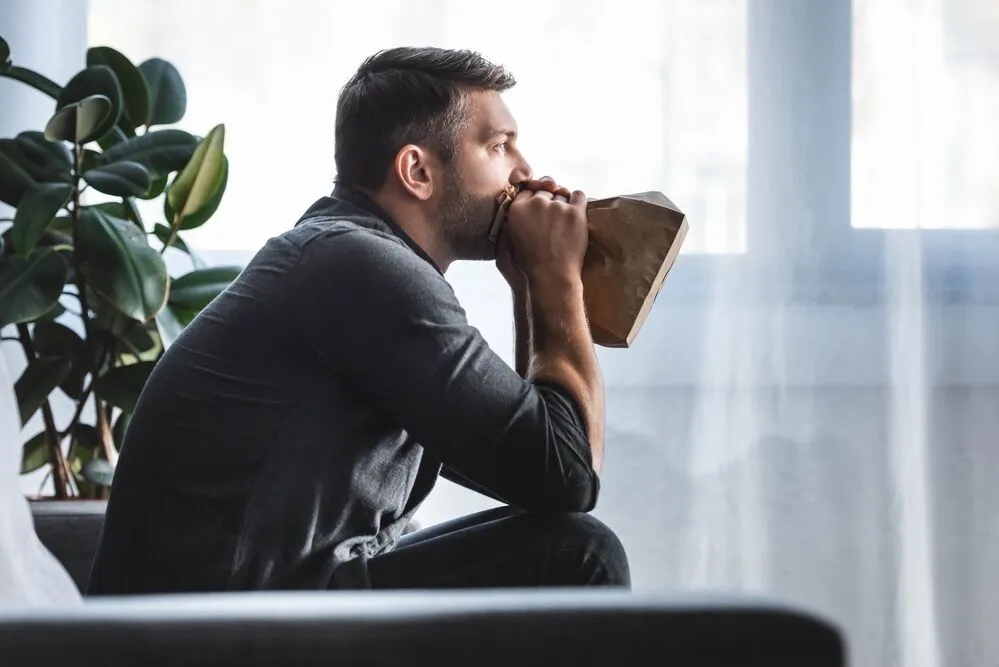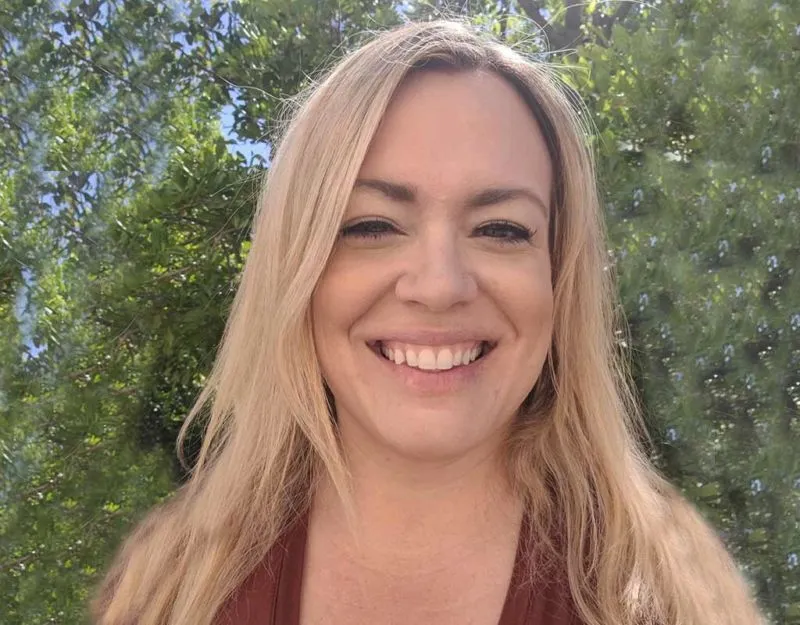

Anxiety is a manifestation of a natural fear response toward things the mind considers threatening. Everyone feels anxious at different points in their lives. For example, you may feel jittery before a job interview or get nervous before a first date.
However, anxiety disorders can cause an irrational sense of fear toward things that wouldn’t normally faze you. Symptoms of such disorders can be debilitating, making it difficult to maintain a healthy personal, social, and professional life.
Anxiety disorders are the most common mental health disorders in the country. According to the National Alliance on Mental Illness (NAMI), over 40 million American adults have some type of anxiety disorder.
Anxiety disorders induce extreme physical and emotional responses. Emotional symptoms such as a feeling of dread and anticipating danger can make your heart race or cause you to sweat or experience an upset stomach. Additionally, anxiety disorders can contribute to substance abuse problems.
Undergoing drug rehab that incorporates treatment for anxiety disorders can improve your chances of remaining sober in the long run. Ranch Creek Recovery is an addiction and anxiety treatment center in Murrieta, California. Our mental health professionals explain the relationship between anxiety and addiction and the appropriate treatment program for both conditions.
Anxiety is a mental health condition that causes uncontrollable fear or dread of different phenomena.
Phobias are one of the most common anxiety disorders in the United States. The condition causes an irrational fear regarding objects or situations that don’t pose an actual danger to your life or well-being. Data from the Anxiety & Depression Association of America (ADAA) shows that over 19 million adults struggle with phobias such as agoraphobia, separation anxiety disorder, and animal phobias.
Social anxiety disorder (SAD) is the second most common anxiety disorder, affecting over 15 million American adults. SAD causes an irrational fear of social interactions, causing someone to retreat from various spheres of social life.
Generalized anxiety disorder (GAD) is a condition that induces anxiety toward daily life events such as household chores, interactions with loved ones, and professional responsibilities. Over 6.8 million American adults experience GAD symptoms.
Panic disorder induces a sudden and uncontrollable sense of terror that causes heart palpitations, chest pain, difficulty breathing, and panic attacks. Around 6 million American adults suffer from panic disorder.


Our drug & alcohol rehab programs accept many national insurance plans and is in-network with most carriers including HealthNet, MHN, Anthem BlueCross, Aetna, Cigna as well as others. To verify if your insurance is accepted and check your out-of-pocket costs call Ranch Creek Recovery at (877) 997-8931.
Anxiety disorders can cause mild, moderate, or severe physical and emotional symptoms such as:
A mental health professional can diagnose you with anxiety if you continuously experience these symptoms for around 6 months. They’ll analyze your history to determine if the symptoms are connected to other physical or mental health concerns. You can also be diagnosed with anxiety if the symptoms significantly impair your ability to care for yourself, interact with others or perform professional responsibilities.
Anxiety disorders can significantly impair your daily life, making it difficult for you to behave normally. They can also be humiliating, especially if you get panic attacks in public.
People who recognize that their fears are irrational may use drugs to control their anxiety. For example, you may drink alcohol before a social event to get “liquid courage” to interact with friends. People with social anxiety may use nonprescription marijuana to calm their nerves before going to the store or an appointment.
The relationship between drug abuse and anxiety goes beyond self-medicating to control symptoms. Drugs with stimulating effects, such as cocaine, or hallucinogenic drugs, such as LSD, can heighten your anxiety. Getting addicted to such drugs causes a dysregulated nervous system, potentially causing you to experience anxiety symptoms more frequently.
Data from the National Institute on Drug Abuse (NIDA) on addiction and other mental illnesses shows that people with anxiety disorders are twice as likely to have a substance use disorder (SUD). Thus, addiction treatment programs will be more effective if they address co-occurring mental health disorders.
Dual diagnosis treatment refers to joint treatment for addiction and other mental health disorders. Dual diagnosis programs recognize the need for addressing all psychological conditions caused by or contributing to your addiction issues. Ranch Creek Recovery provides a structured treatment program for dual-diagnosis disorders.
Detox is the initial step in substance use treatment that allows your body to eliminate all the drugs in your system. Detoxing prepares your mind and body to pursue further treatment when completely sober.
Withdrawal symptoms can make detoxing difficult. The subacute detox program at Ranch Creek Recovery incorporates professional medication management to address extreme withdrawal symptoms such as vomiting and hallucinations.
A residential or inpatient program allows you to start the recovery process in a calm environment where addiction specialists can focus on your specific recovery needs. You can take full advantage of different addiction therapies during inpatient treatment. This form of treatment also breaks your attachment to drugs by completely removing access to places where you’d buy more drugs.
Outpatient rehab can act as a step down from residential treatment. It’s also suitable for people who can’t commit to staying full-time at an inpatient facility.
Outpatient rehab still allows you to undergo dual diagnosis treatment for anxiety and addiction. You can engage in individual therapy and group therapy or receive aftercare to help you move from structured treatment toward a new normal in your life.
Ranch Creek Recovery’s treatment centers use cognitive behavioral therapy (CBT) to change the distorted thought patterns contributing to your anxiety and addiction problems.
Our experienced mental health professionals help you reframe harmful beliefs that lead to the use of drugs or alcohol. We also teach coping skills and stress management techniques to treat anxiety symptoms.
Dialectical behavior therapy (DBT) helps you learn to regulate the emotional symptoms of anxiety without turning to drugs. The behavioral health techniques gained through DBT can be invaluable in preventing relapse even after you complete treatment at our facility.
Holistic treatment options help you develop alternative outlets for your anxiety besides drugs. You can use the techniques taught during exercise, sports, and meditation therapy to reroute your nervous energy even long after leaving our treatment center.

Ranch Creek Recovery offers extensive addiction and anxiety treatment programs. We’ve helped hundreds of clients lead sober lives through traditional and alternative therapy for co-occurring disorders.
You can benefit from our treatment programs at our facility in Murrieta, California. Contact us at (951) 643-0573 to inquire about our admission process so you can start receiving effective treatment for addiction and anxiety.
"*" indicates required fields

Have Questions? We're here to help.
(877) 997-8931